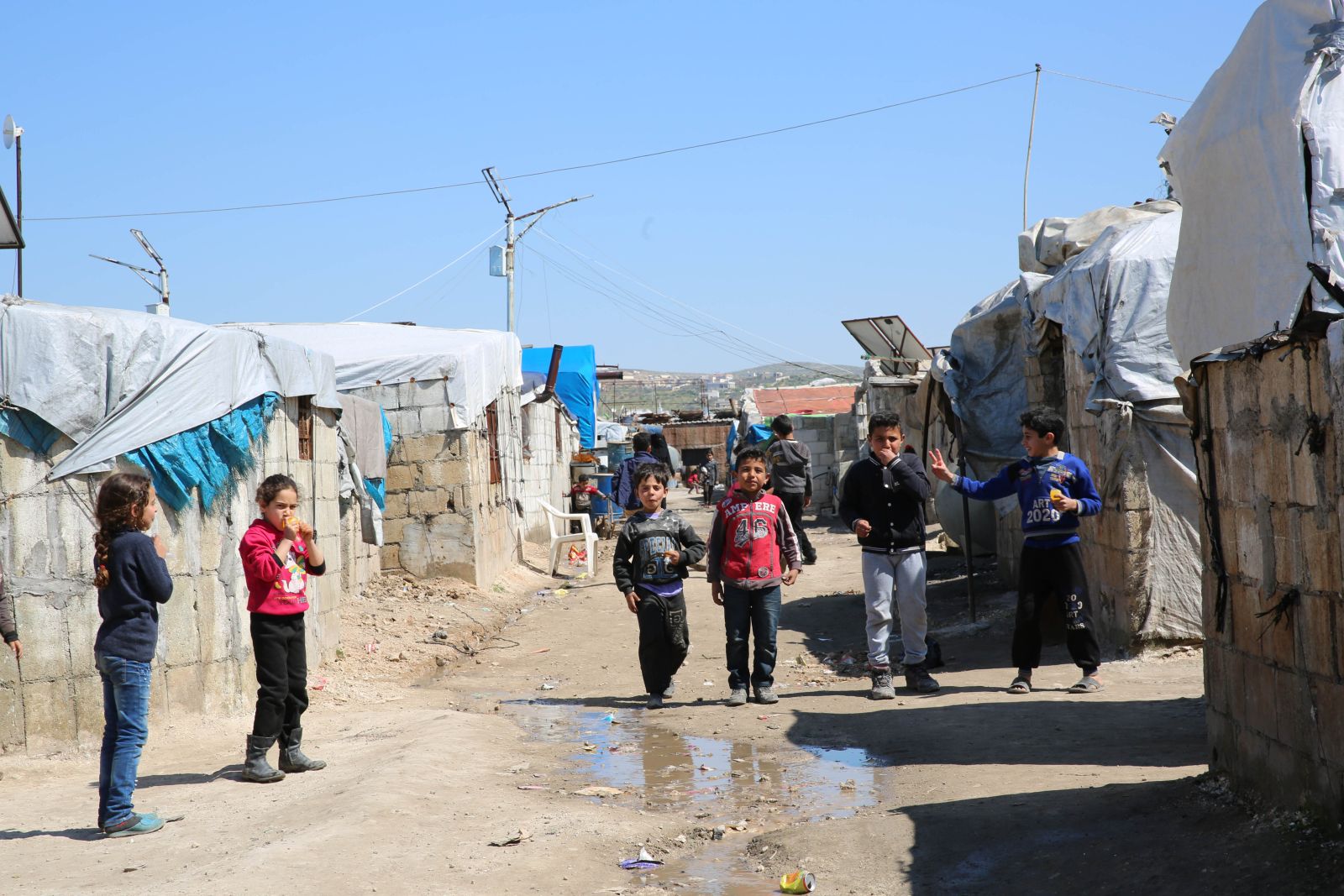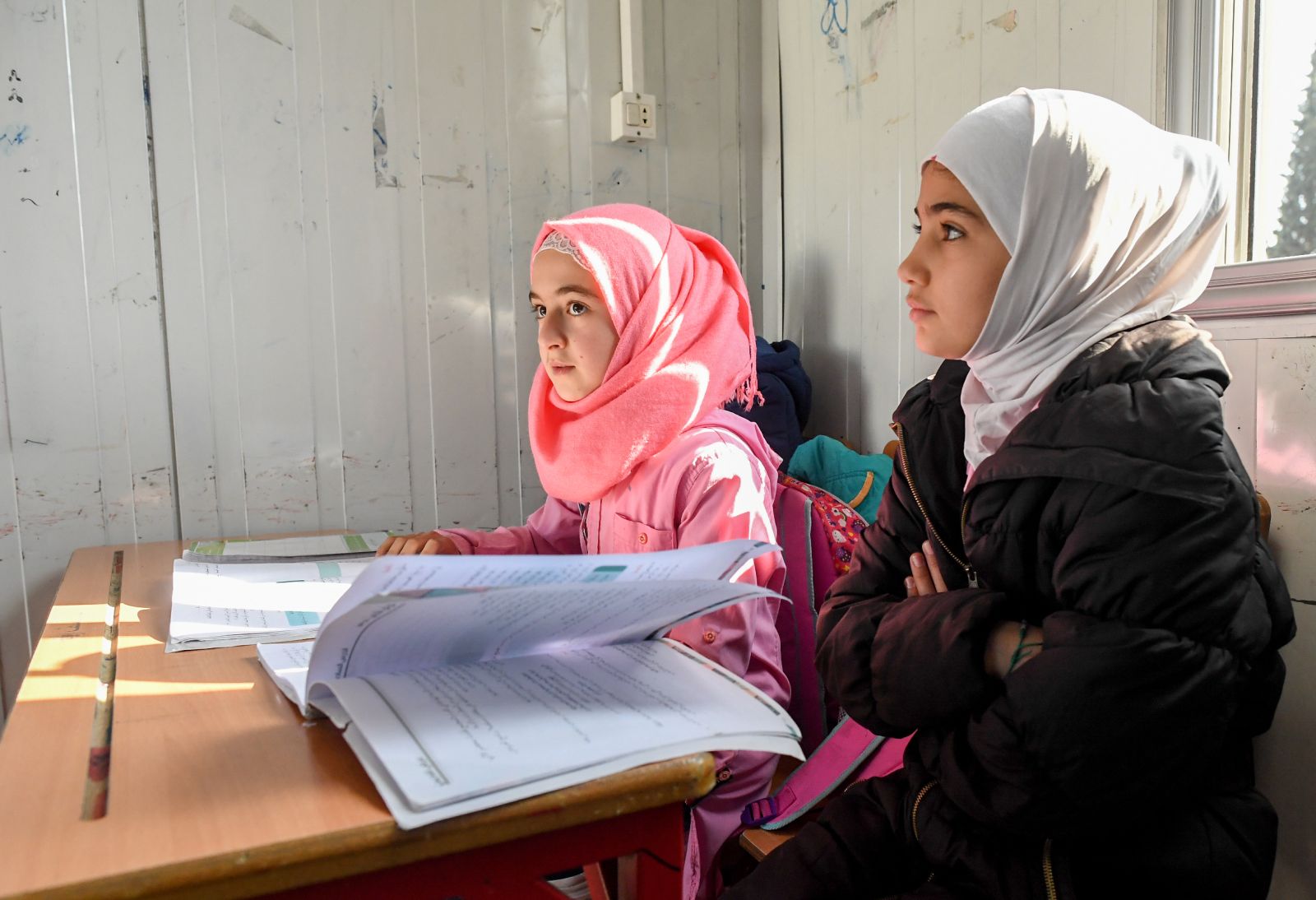Ukraine
Safety and new jobs for persecuted scientists

When Russia attacked Ukraine in late February, it became evident how strong the PSI, Germany’s network for supporting scholars at risk (see my contribution on www.dandc.eu), actually is. Within a few days, some 200 people from German academic institutions volunteered to host refugee scholars. Thanks to support from the Carl Zeiss Foundation and the publisher Springer Nature an emergency fund was set up. It has granted 40 Ukrainian women from research institutions six-month scholarships so they can keep doing their work in Germany.
The PSI reckons it will need an additional €23 million in the next three years because of the war. Russian scholars are expected to apply for help too, given that the regime of President Vladimir Putin is radically restricting civil liberties.
Since the Taliban returned to power in Afghanistan, the situation for scholars has become terrible there, especially for women. The PSI has managed to provide short-notice support to refugees who left jobs at scientific institutions in Afghanistan. Some of the 20 supported persons are women who are now pursuing their research in safety in Germany.
The PSI intends to further enhance its toolkit to improve its capacities for responding to crises fast. It systematically pays attention to creating a longer term perspective for PSI fellows in Germany.
Link
Philipp Schwartz-Initiative:
https://www.humboldt-foundation.de/bewerben/foerderprogramme/philipp-schwartz-initiative
Mareike Ilsemann is a press officer at the Alexander von Humboldt Foundation.
Schwartz-Initiative@avh.de










